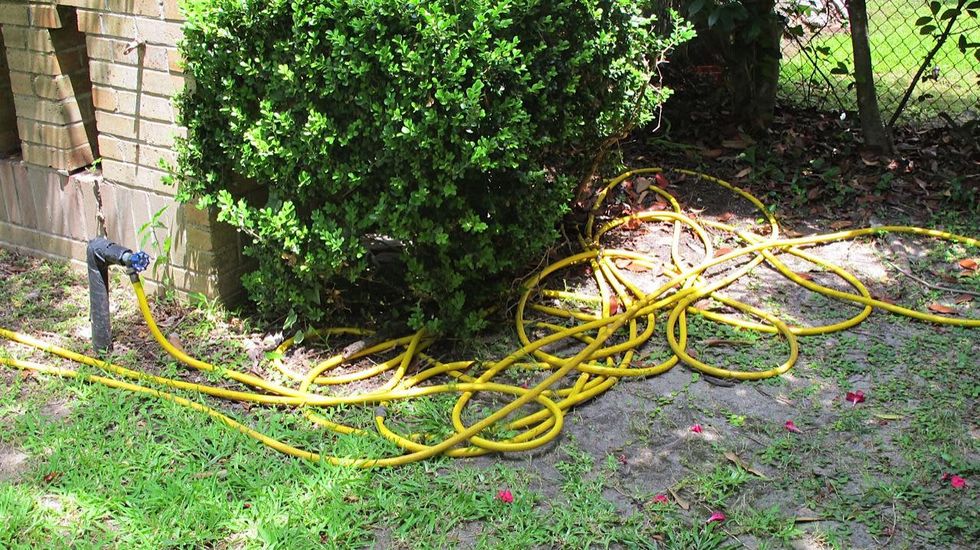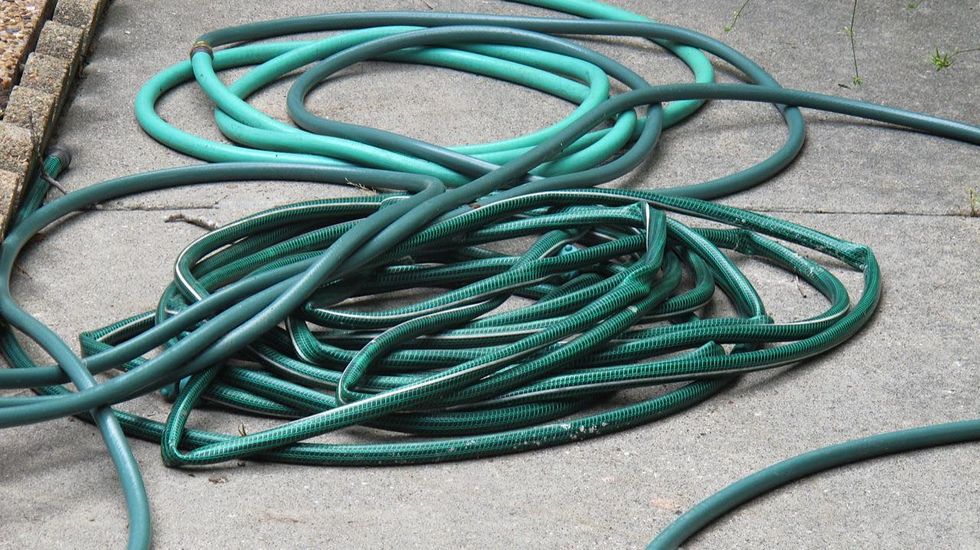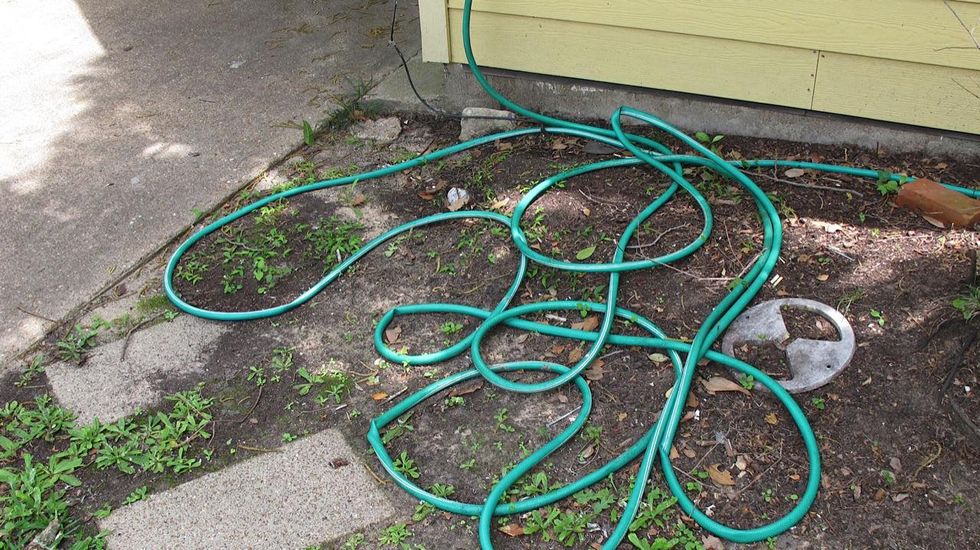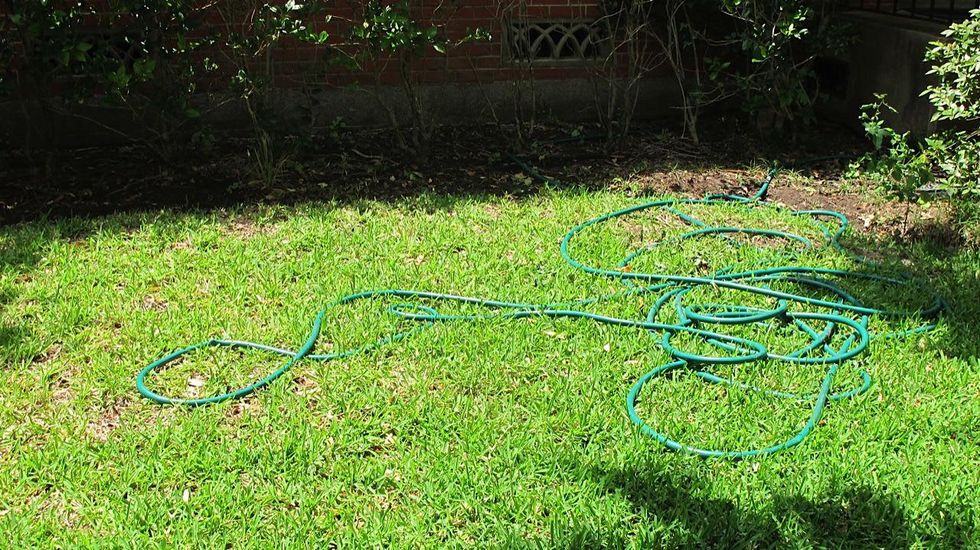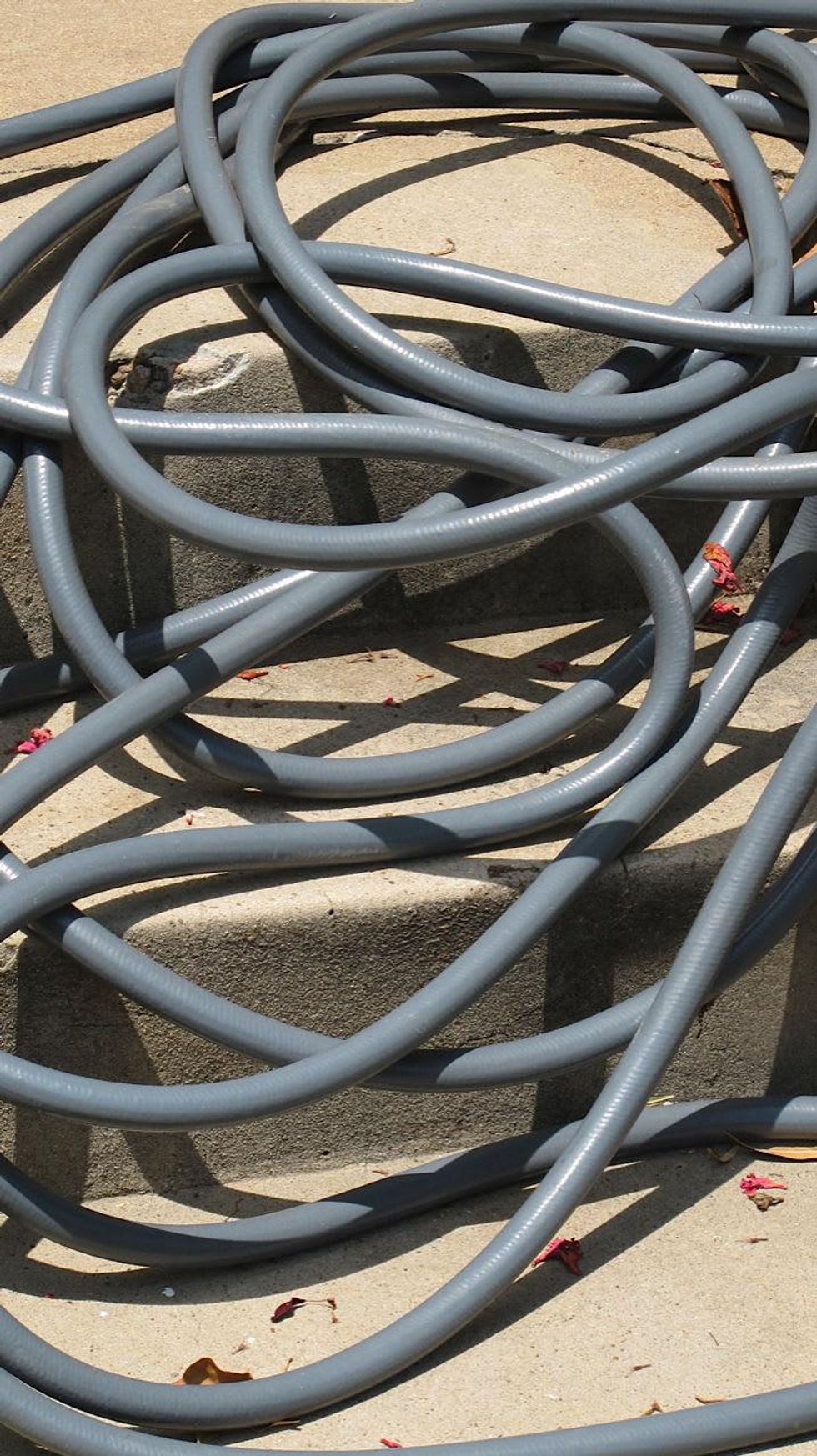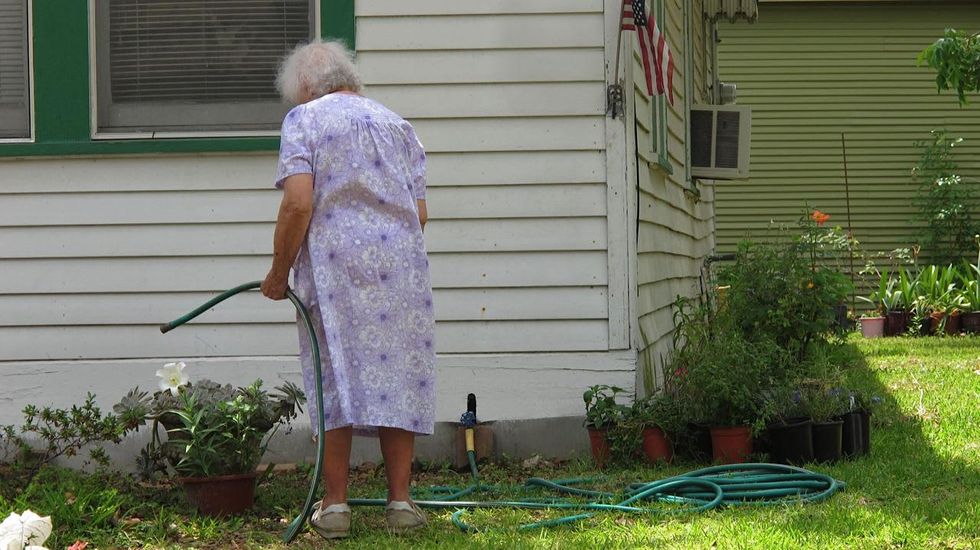Another one bites the dust?
Dark Shadows doesn't suck, but Johnny Depp flick can't sink its teeth into TheAvengers
 Johnny Depp portrays Barnabas Collins in the new movie version of Dark ShadowsDark Shadows Movie.com
Johnny Depp portrays Barnabas Collins in the new movie version of Dark ShadowsDark Shadows Movie.com Jonathan Frid as the original Barnabas Collins
Jonathan Frid as the original Barnabas Collins The Collins family in Dark ShadowsDark Shadows Movie.com
The Collins family in Dark ShadowsDark Shadows Movie.com Michelle Pfeiffer plays Elizabeth Collins Stoddard, the family matriarch whopresides over the family’s failing fishing business.Dark Shadows Movie.com
Michelle Pfeiffer plays Elizabeth Collins Stoddard, the family matriarch whopresides over the family’s failing fishing business.Dark Shadows Movie.com Barnabas is reunited with Angelique (Eva Green).
Barnabas is reunited with Angelique (Eva Green).
Can’t say I ever was a fervent aficionado of the supernatural soap opera Dark Shadows, not even when it haunted the afternoon hours on ABC back in its 1966-71 heyday. But I do remember at least one summer during my high school years when I was at the very least a semi-regular viewer, enthralled by the show’s then-unique mix of monsters and moody melodrama, campy histrionics and Hammer-style horror.
Sure, even as a teen, I was aware of the wobbly sets and uneven performances, the frequent flubbing of lines and twisting of logic. But what the hell, it was fun. To put it simply and gratefully, there wasn’t anything else quite like Dark Shadows on TV in that halcyon pre-cable era.
And I am not at all ashamed to admit I vividly recall my shock during one otherwise mostly forgotten episode when Barnabas Collins, the elegantly attired vampire memorably played by Jonathan Frid, actually sank his fangs into someone’s neck on camera (right before a quick fade to a commercial for, if memory serves me correctly, laundry detergent).
The good news: Dark Shadows – or at least a good three-quarters of it – works splendidly, artfully balancing affectionate homage with wink-wink satire.
For whatever reason, the image was all the more impactful because I viewed it (as I viewed everything else televised during my youth) on my family’s humongous black-and-white console TV. The lack of distracting color made it somehow realer and scarier than all the bloodletting (and blood-drinking) I witnessed in theatrically released horror shows of the time.
(But, of course, I would never admit to anyone else that I was that startled by a TV show. Especially a mere soap opera – the type of fluffy stuff aimed at primarily at moms and grandmothers. And, you know, girls.)
All of which may explain why I approached Tim Burton’s lavishly produced and archly tongue-in-cheeky feature-film reboot of Dark Shadows with equal measures of anticipation and skepticism.
Certainly, I was curious to see just how over the top Johnny Depp might go in what the coming-attractions trailers indicated would be a larger-than-life portrayal of the undead Barnabas Collins. That Depp would be offering this performance under the direction of Tim Burton made the prospect of a Dark Shadows movie even more inviting, given my enjoyment of their earlier collaborations (especially Ed Wood, Edward Scissorhands and Sleepy Hollow).
And the supporting players – including the lovely and talented Michelle Pfeiffer, who last appeared in a Burton flick as a sexy/slinky Catwoman – seemed, individually and collectively, perfectly cast and promising.
Still, I had some trepidation. For one thing – well, have you actually gone back and looked at episodes of Dark Shadows lately? Trust me: You’re much better off remembering rather than re-watching certain fondly remembered TV series. (For the record: I had pretty much the same reaction when I prepared for Wild, Wild West the movie by viewing reruns of Wild, Wild West the TV show.) And even when the original TV series holds up reasonably well, you may be in for grief when a filmmaker decides to play for laughs in a big-screen reconstitution.
(Anybody remember the filmizations of I Spy? Dragnet? Starsky & Hutch? Well, then I’m luckier than you – I have managed to forget all of them.)
The bad news: Dark Shadows goes on longer than it reasonably should, and doesn’t know quite what to do with everyone assembled for its plot.
The good news: Dark Shadows – or at least a good three-quarters of it – works splendidly, artfully balancing affectionate homage with wink-wink satire.
Credit Burton and co-screenwriters John August (Big Fish) and Seth Grahame-Smith (author of Abraham Lincoln Vampire Hunter) with the clever notion to keep their plot more or less in the time period of the original TV show, so that when Barnabas is inadvertently unearthed after spending more than 200 years chained and trapped inside a coffin, our anti-hero – originally cursed into vampirism by a beautiful witch whose affections he rashly rejected – finds himself wandering about a brave new world of 1972.
Barnabas repeatedly is jolted with alternating currents of amazement, confusion and suspicion when confronted with such 20th century marvels as McDonalds, disco music, automobiles and – yes, you guessed it! – television. But his sense of displacement makes it all the easier for a contemporary audience to emphasize with the pale-complexioned, unfashionably erudite outsider because, let’s face it, even if you actually lived during the Me Decade, the 1970s really do look pretty damn strange, whether viewed either in retrospect or for the very first time.
Shortly after his exhumation, Barnabas makes his way to Collinwood, his ancestral home in the New England hamlet of Collinsport, to interact with the mansion’s current inhabitants: Elizabeth Collins Stoddard (Michelle Pfeiffer), the family matriarch who, for a long time, is the only living soul who knows that Barnabas moonlights as a bloodsucker; Roger (Jonny Lee Miller), Elizabeth’s brother, the type of character often described as a ne’er-do-well because never-done-a-damn-thing is too awkward to read or write; Carolyn (Chloë Grace Moretz), Elizabeth’s aggressively discontent and disagreeable adolescent daughter; David (Gulliver McGrath), Roger’s 10-year-old son, who claims to see visions of his dearly departed mother; Dr. Julia Hoffman (Helena Bonham Carter), the family’s live-in psychiatrist; Willie Loomis (Jackie Earle Haley), a caretaker who appears to be as efficient at his job as the live-in psychiatrist; and Mrs. Johnson (Ray Shirley), an elderly maid who serves primarily as a living-and-breathing sight gag.
You will not be surprised to learn that complications arise when Barnabas is reunited with Angelique (Eva Green), the aforementioned witch, still spectacularly sexy after all these years while aptly exposing as much cleavage as Hazel Court back did back in ‘60s horror flicks. Nor will you be shocked to discover that Barnabas again rejects her – after all, she did turn the dude into a vampire – and instead sets his sights on Victoria Winters (Bella Heathcote), the reincarnation of Barnabas’ long, long, long-lost love from the 18th-century.
The bad news: Dark Shadows goes on longer than it reasonably should, and doesn’t know quite what to do with everyone assembled for its plot.
Indeed, it’s easy to imagine a pre-production story conference where someone might have suggested combining Carolyn and David into a single character – yes, even though one of these kids has a singularly dark secret – because each one disappears for no good reason during separate but equal stretches of the movie.
Elizabeth Collins Stoddad gets appreciably more screen time, but she, too, is conspicuously under-utilized. It’s as though, every so often, Burton slapped himself on the forehead and yelped, “Oh, hell! I forgot about Liz! Let’s come up with something for her to do!”And it doesn’t help much that Elizabeth is one of the most sexless entities Michelle Pfeiffer ever has been employed to play on screen. So much so, in fact, that her casting in the thinly written role seems a flagrant waste of natural resources.
And now, the worse news: Dark Shadows already has been branded as a box-office under-achiever, with an opening weekend gross of only $30 million to its credit.
And then there’s that entire final fourth of Dark Shadows, when it feels as though desperation, not excitement, is mounting with each passing minute. I won’t be a spoilsport and reveal a climactic twist that, even in the context of a satire, comes off as the frantic hurtling of a kitchen sink. All I will say is, while the cameo appearance of horror movie icon Christopher Lee midway through the film is nothing short of delightful, the late introduction of another scary-movie fixture – not an actor, but an archetype – seems a desperate stunt by a filmmaker in the twilight of his creativity.
And now, the worse news: Dark Shadows already has been branded as a box-office under-achiever, with an opening weekend gross of only $30 million to its credit.
(Let me pause for a moment while I consider that I have lived long enough to see the words “only” and “30 million” appear together in the same sentence. Goodness gracious. OK, I’ll press on…)
Part of that under-achieving can be attributable to The Avengers, a behemoth now bestriding the megaplexes and overshadowing all other movies in its orbit. (I wouldn’t hold my breath waiting for Battleship to dislodge it from the No. 1 spot next weekend.) But I wonder if the fault lies not in the wide appeal of its competition, but rather in the niche appeal of Dark Shadows itself.
Remember: Here is a cult-fave TV series that failed to find a sustaining audience even when it was revived by its original producer, Dan Curtis, as a short-lived prime-time drama in 1991. Maybe, just maybe, Dark Shadows is a novelty that has remained fresh decades past its expiration date only in the hearts and minds of faithful fans.
And perhaps those faithful fans were turned off, and stayed away, because advertising for the new film suggested it would be a snarky and condescending burlesque, while younger viewers… well, perhaps younger viewers had no idea what all the screaming was about.
I am reminded of the time in 2005 when, after seeing a midnight preview of Revenge of the Sith with my son and his buddies, we walked out to see a poster for Bewitched (the sitcom-spawned feature starring Nicole Kidman) looming large in the theater lobby. Entirely unprompted, my son, then 18, pointed at the poster and asked, “What the [expletive deleted] is that?”
So I’ll leave you with a question to ponder: How many times did scenarios similar to mine play out in other theater lobbies during the past several months?
Pretty scary, huh?

